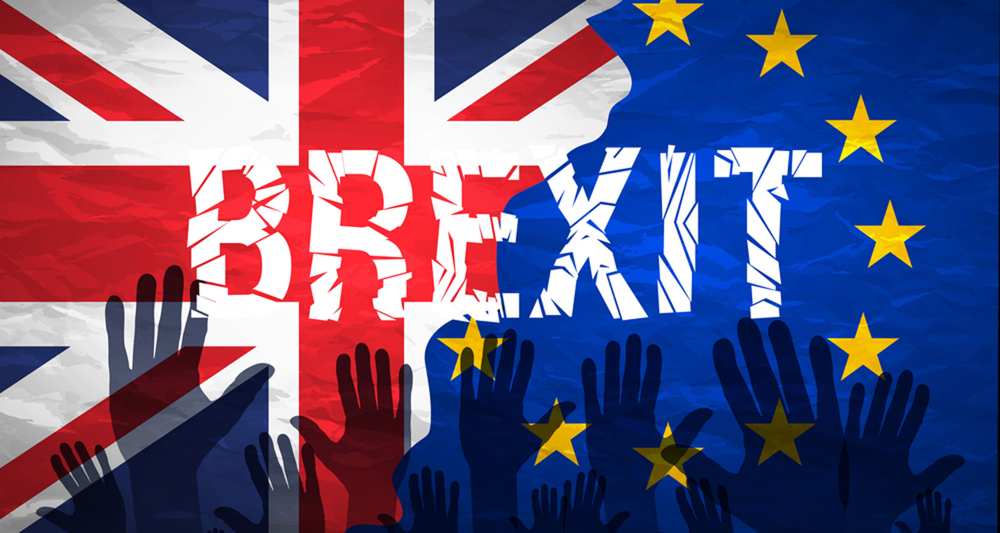How Does Brexit Impact North American Exporters?
The United Kingdom and the European Union (EU) agreed on the terms and conditions of the former’s exit from the 28-country group. While many feared the worst outcome of a “hard Brexit” without an agreement, calmer heads prevailed and the result will be very few changes. The United Kingdom achieved continued duty-free access for all goods exported to the EU and zero quotas (i.e., unlimited trading volumes). The EU maintains with the UK the free movement of goods, services, people and capital.
So what is the impact of North American exporters selling their products to either the UK or EU? The effects will be very little for all exporters. Exporters will notice longer lead times in their shipments due to additional documentation requirements, COVID consequences, and other potential delays. These delays can be mitigated by ensuring that all export documentation requirements are satisfied prior to shipment.
While the UK pound has devalued about 8% since the Brexit deal was announced, the UK remains an attractive market for North American exporters. U.S. exports to the UK in 2019 increased 4.5% despite the uncertainty of Brexit.

A Free Trade Agreement (FTA) has been in discussion between the US and UK for over a year, which probably will continue with the new US administration. Canada and the UK signed a FTA in December worth US$27 billion in trade value. The UK is actively negotiating other FTAs with not only the U.S. but also Australia, India and Korea among others. If the Biden administration fails to negotiate a FTA with the U.K., then U.S. food and beverage manufacturers will lose advantages and lower-cost access to a large market.
Overall, the post-Brexit U.K. market is still a large, transparent and seamless market with which to sell U.S. products. It ranks 9th out of 190 countries in the World Bank’s “Ease of Doing Business” index. It is often the first European country that U.S. brands enter when expanding overseas, and a sensible choice.

